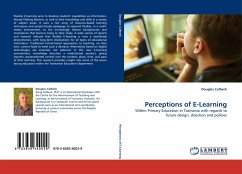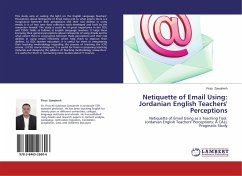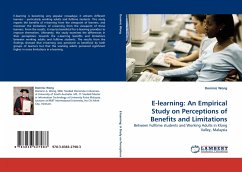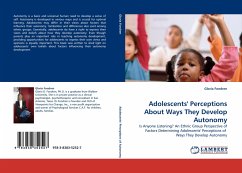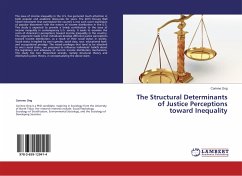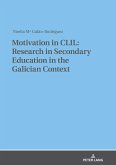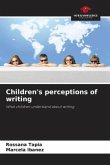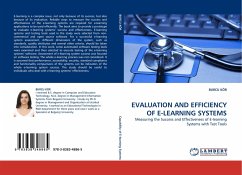Flexible E-learning aims to develop students' capabilities as information- literate lifelong learners, as well as their knowledge and skills in a variety of subject areas. It uses a rich array of resource-based learning techniques and project-based pedagogy to respond flexibly, in a multi-media environment, to the increasingly diverse backgrounds and motivations that learners bring to their study. A wide variety of reports and research indicate that flexible E-learning is now a worldwide phenomenon, with long-term implications for all types of educational institutions. Traditional school-based approaches to teaching, on their own, cannot hope to meet such a demand. Alternatives based on digital technologies are essential, not optional. In this new E-learning environment, knowledge becomes a modularised product, giving learners unprecedented control over the content, place, time, and pace of their learning. This research provides insight into some of the issues facing educators within the Tasmanian Education Department.
Bitte wählen Sie Ihr Anliegen aus.
Rechnungen
Retourenschein anfordern
Bestellstatus
Storno

